G20 leaders urge ceasefires in Gaza and Lebanon, call for climate action and taxing the ultrarich
Group of 20 major economies also discussed the Ukraine war and to end hunger across the globe
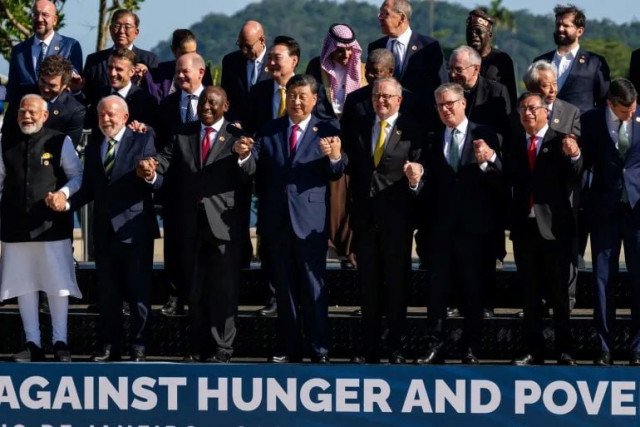
Leaders of the Group of 20 (G20) major economies have called for "comprehensive" ceasefires in both Gaza and Lebanon, while also stressing the need for increased cooperation on critical issues such as climate change, poverty reduction, and taxing the ultra-wealthy.
The summit, held in Rio de Janeiro on Monday, brought together leaders of the world’s largest economies as they sought to strengthen multilateral consensus on pressing global matters amid rising international tensions and the upcoming return of President-elect Donald Trump to the White House.
Ukraine’s ongoing conflict with Russia dominated discussions on the first day of the two-day summit, particularly after the United States authorised Ukraine to use long-range missiles supplied by Washington to strike Russian territory.
In their final declaration, G20 leaders managed to reach a narrow consensus on the Ukraine crisis, welcoming "all relevant and constructive initiatives that support a comprehensive, just, and durable peace" and reiterating opposition to the "threat or use of force to seek territorial acquisition". However, the statement did not directly address Russian aggression.
Russian President Vladimir Putin, who is subject to an arrest warrant from the International Criminal Court (ICC), was notably absent from the summit. Russia was instead represented by Foreign Minister Sergey Lavrov.
Calls for ceasefire in Gaza and Lebanon
The G20 also issued a call for a "comprehensive" ceasefire in Gaza, aligning with a US-backed United Nations resolution aimed at permanently halting the fighting in exchange for the release of all captives held by Hamas. The leaders expressed "deep concern about the catastrophic humanitarian situation" in the Palestinian enclave.
Similarly, they expressed alarm over the escalation of violence in Lebanon and called for a ceasefire that would allow citizens on both sides of the Blue Line— the demarcation between Lebanon and Israel, as well as the occupied Golan Heights— to return safely to their homes.
Focus on poverty, hunger, and climate change
Brazilian President Luiz Inácio Lula da Silva, who has made extreme poverty and hunger a focal point of the summit, pushed for global action on these issues.
The G20 final statement endorsed cooperation on taxing "ultra-high-net-worth individuals", with Lula highlighting that poverty and hunger are "not the result of scarcity or natural phenomena" but rather "the product of political decisions".
Eighty-one countries, including 18 of the 19 G20 nations, signed the Global Alliance Against Hunger and Poverty, a new global initiative to combat these issues, backed by multilateral banks and major philanthropies.
Argentina, led by right-wing President Javier Milei, was the only G20 nation not to support the initiative. Milei has also expressed opposition to aspects of the G20’s final declaration, particularly sections related to the UN’s 2030 sustainable development agenda, which he has dismissed as "a supranational programme of a socialist nature".
On the climate front, Lula’s opening speech highlighted the widespread impact of climate change. However, the final declaration fell short of a major breakthrough, with leaders only recognising the necessity of "substantially scaling up climate finance from billions to trillions from all sources".
No specific commitments were made about who would provide the funds, but there was an agreement to set a goal for the amount of money wealthier nations should contribute to poorer countries by the time of the COP29 climate summit in Azerbaijan later this year.

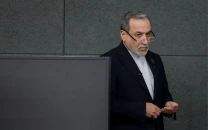
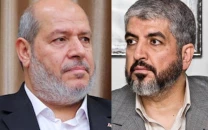
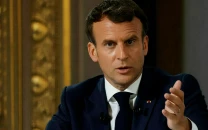

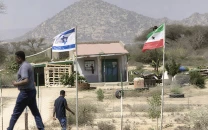
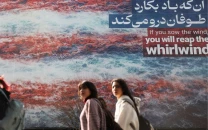












COMMENTS
Comments are moderated and generally will be posted if they are on-topic and not abusive.
For more information, please see our Comments FAQ